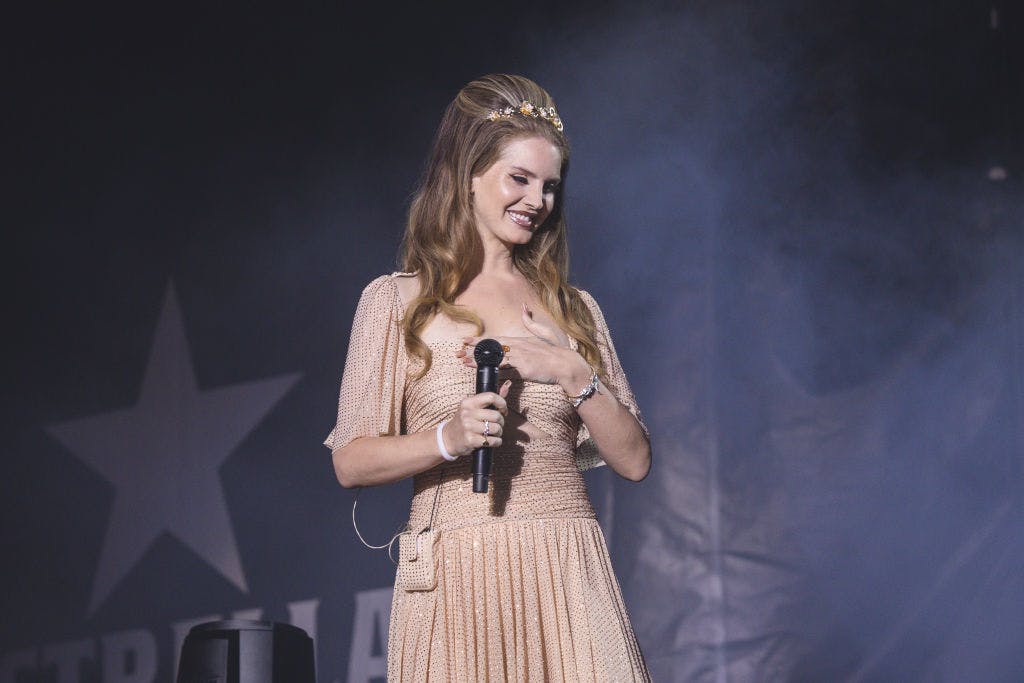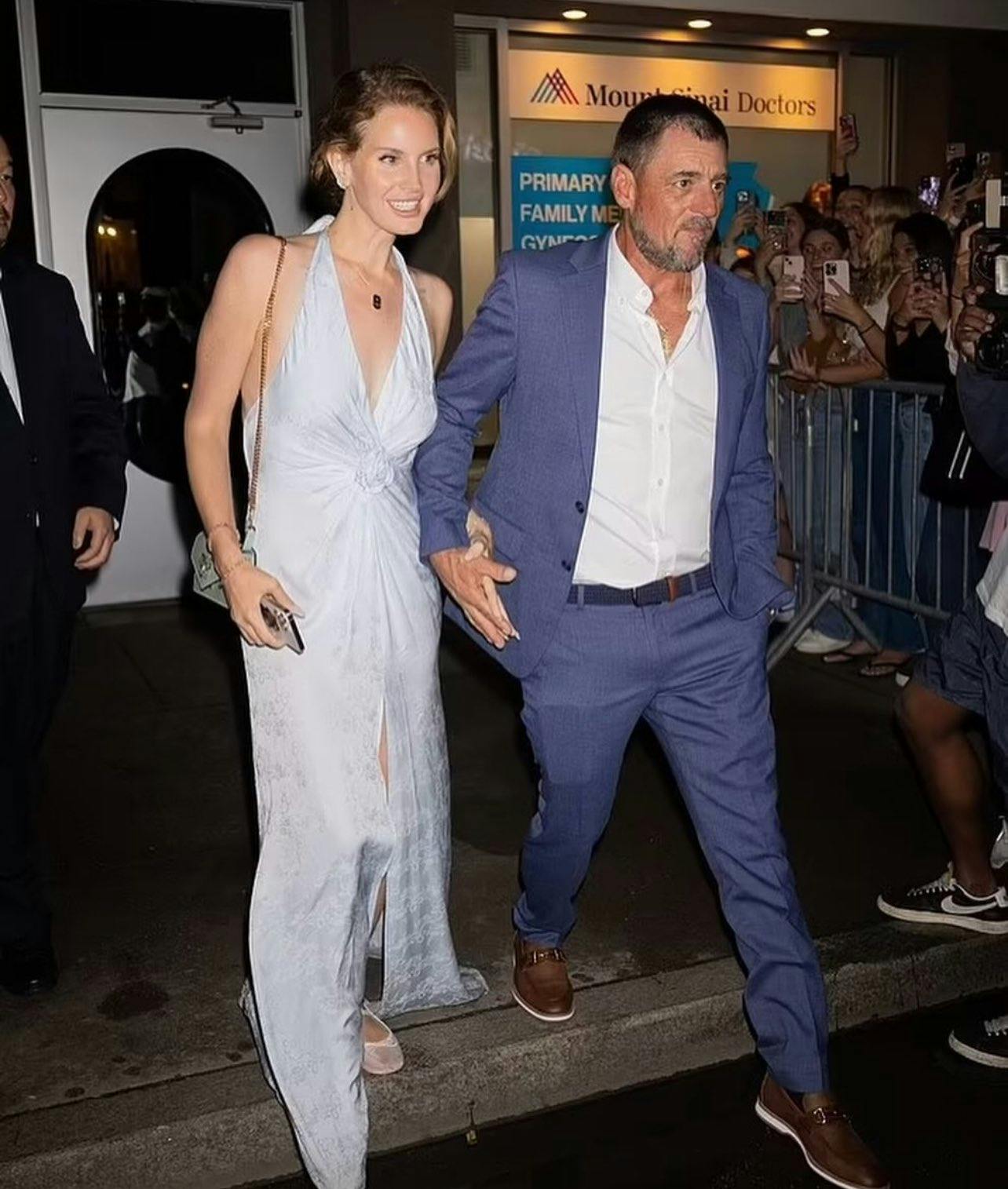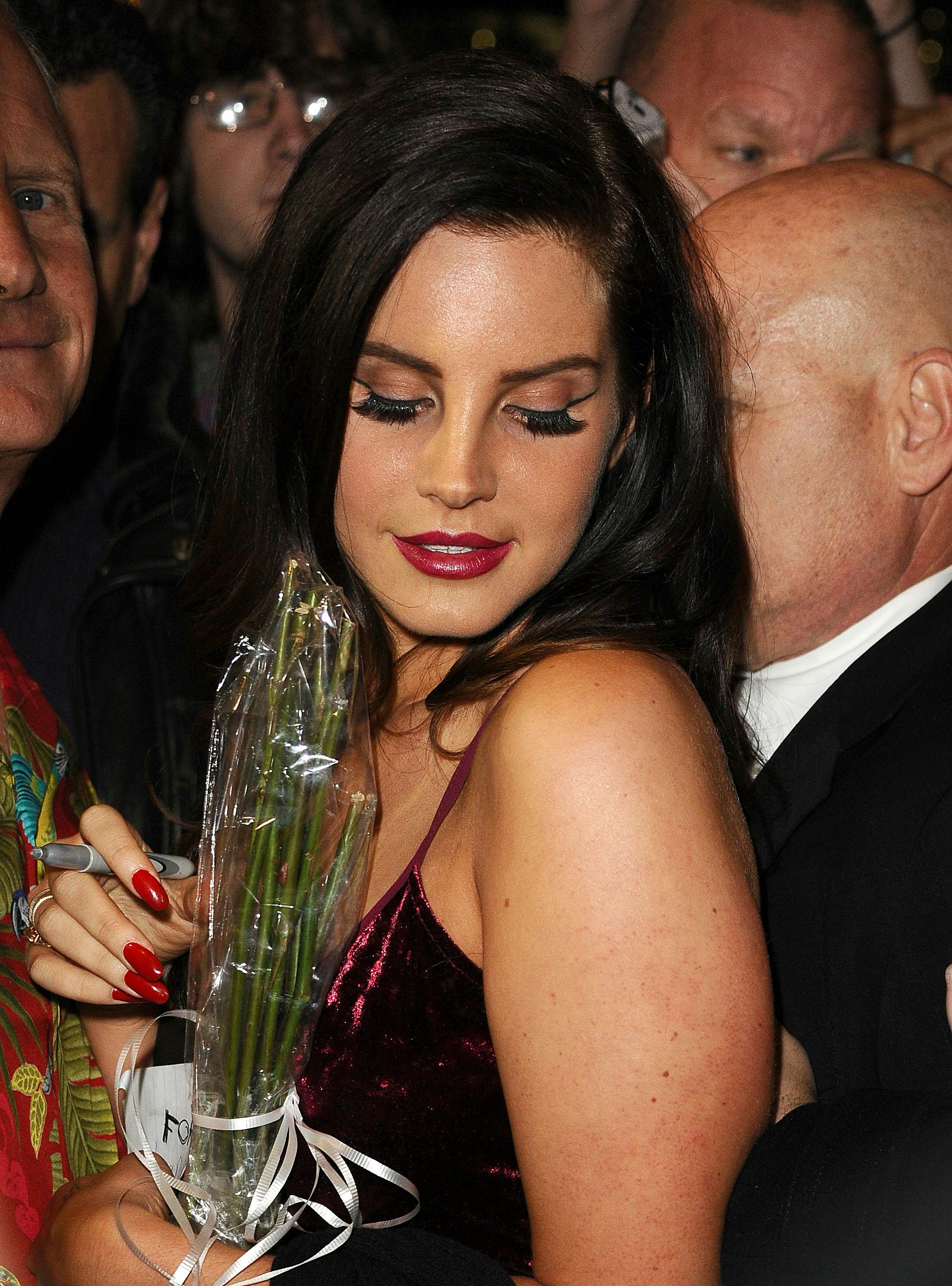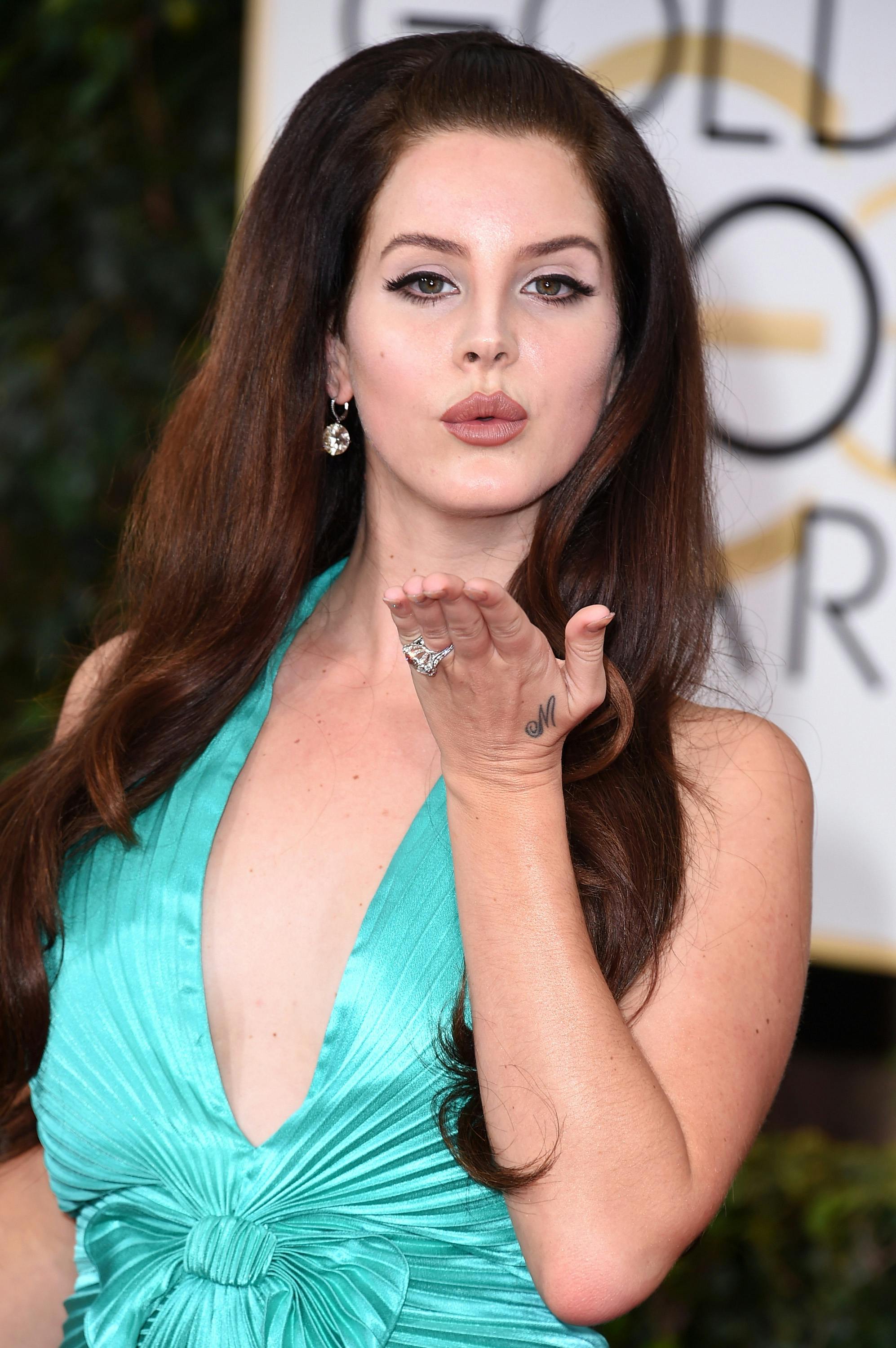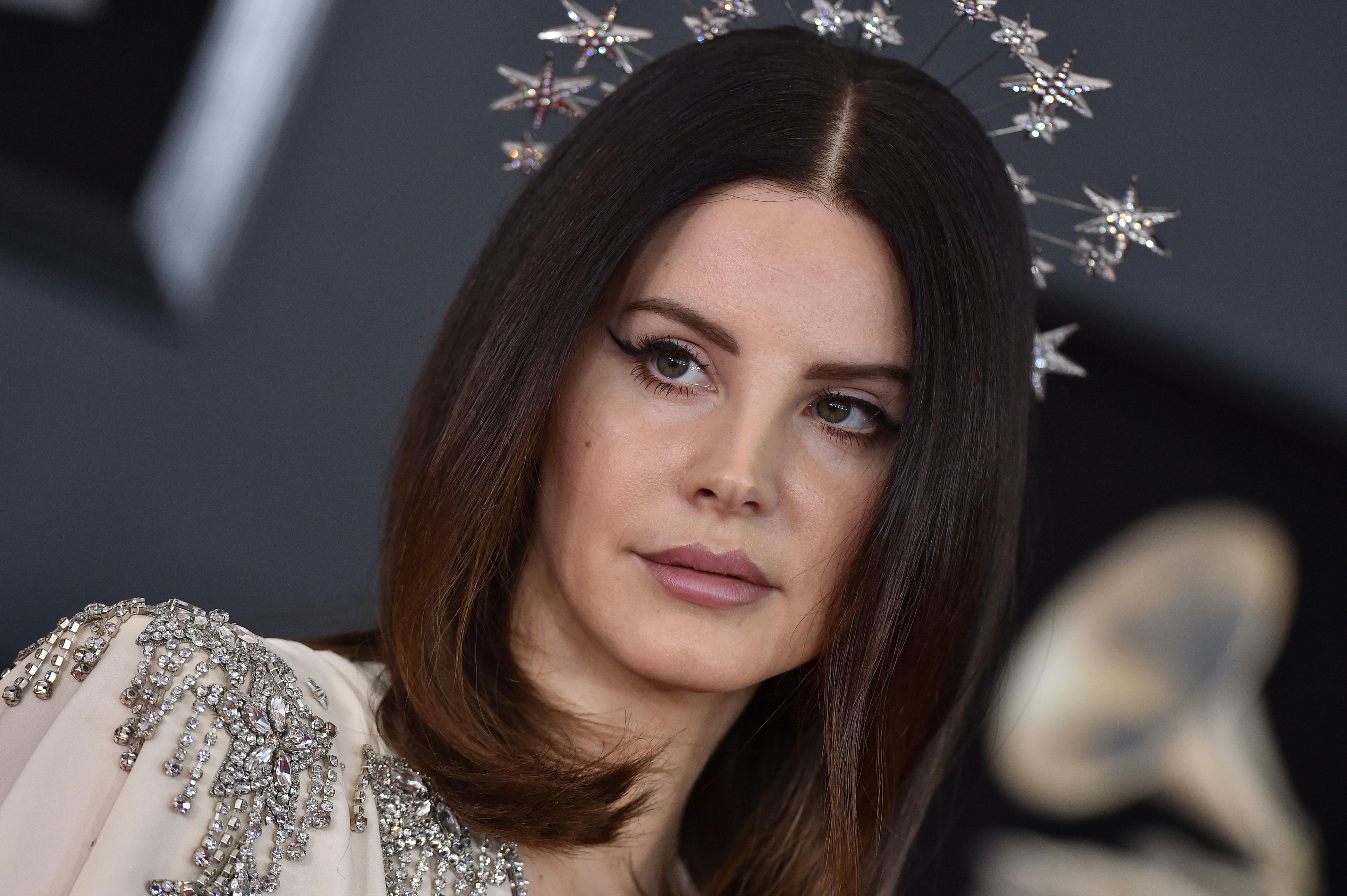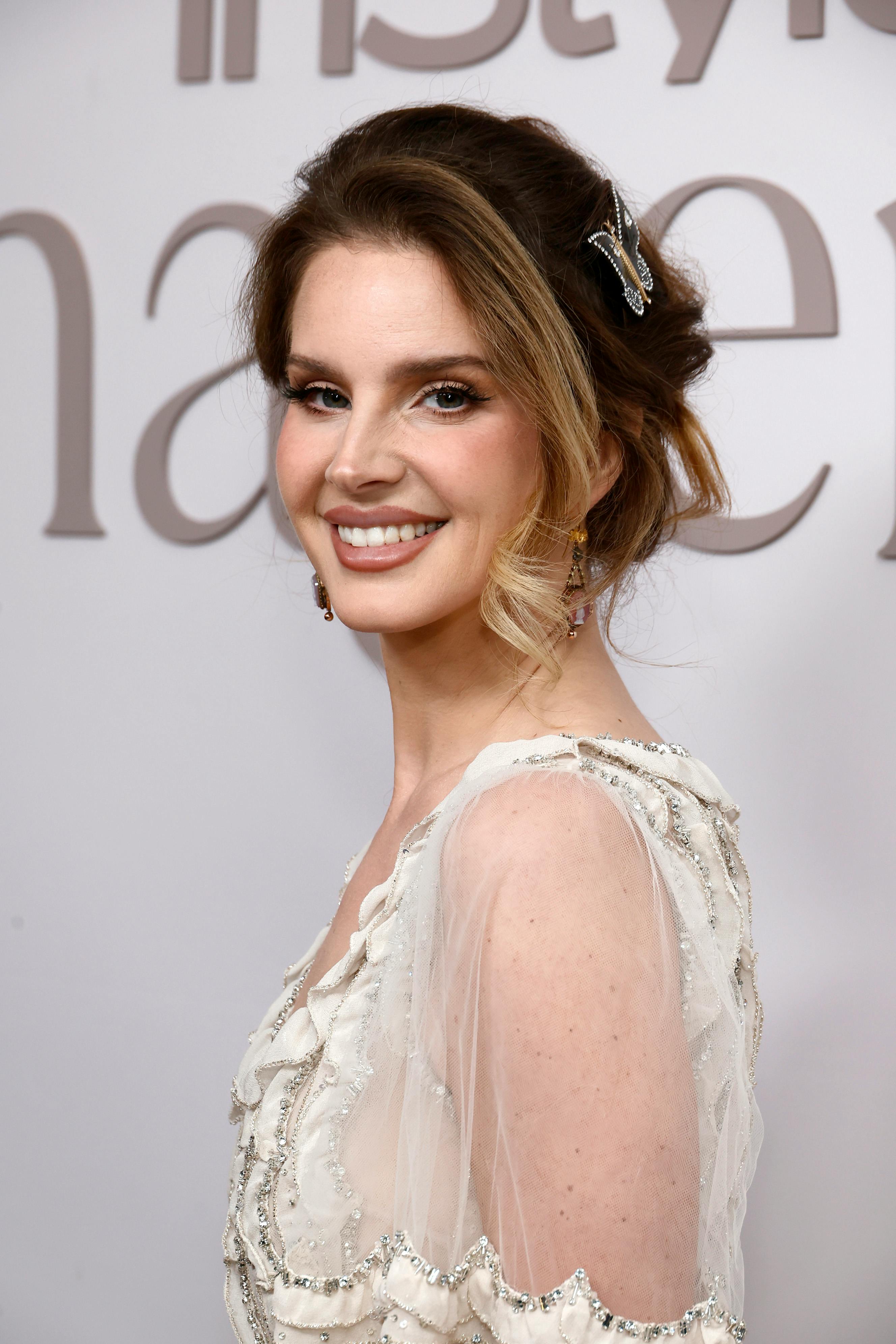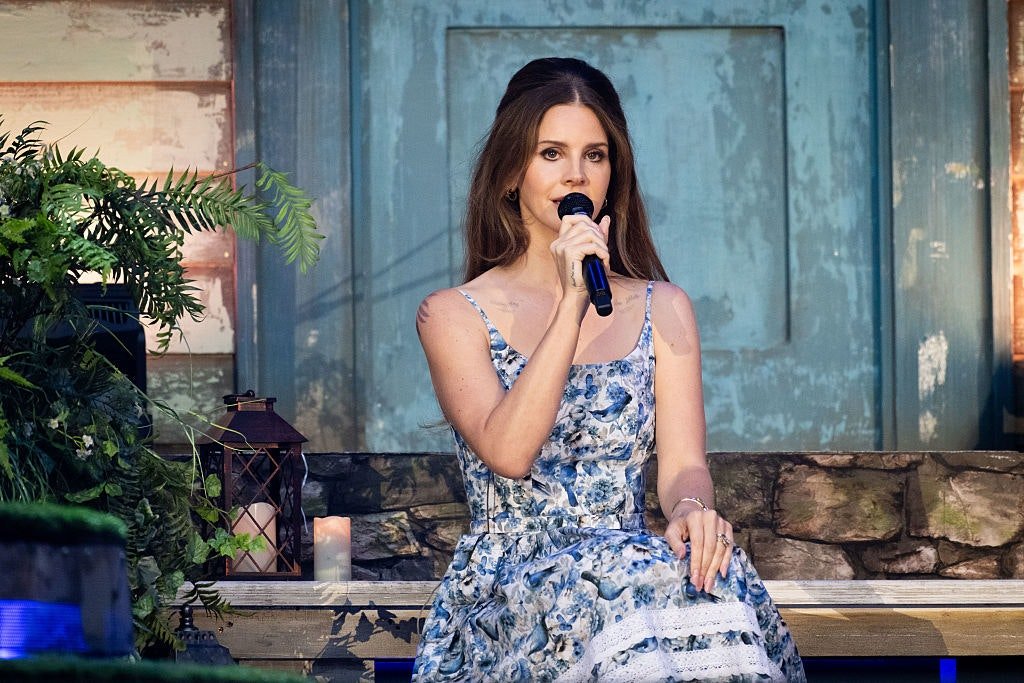
Over the past decade, Lana Del Rey has solidified herself as one of the most influential figures in modern music. Her cinematic sound and melancholic lyricism ushered in a new era of pop, inspiring a generation of artists with her nostalgic references and unapologetically American gothic aesthetic. Songs like „Video Games“ and „Born to Die“ redefined how vulnerability and glamour could coexist in pop culture, setting her apart from her peers.
But Del Rey’s career has been just as defined by controversy as it has by artistry. Known for going against the grain, she has often clashed with online audiences who scrutinize her candid moments, social media posts, and sometimes polarizing lyrics. Unlike many of her contemporaries, Del Rey has never softened her voice to appease the internet, instead embracing provocation as part of her identity.
Most recently, she has been drawn into a feud with singer Ethel Cain, another artist who—much like Del Rey—often finds herself in conflict with online discourse due to past remarks. The two, while musically aligned in their exploration of Americana and subversion, represent a complicated dialogue between art, persona, and internet culture.
L’OFFICIEL revisits Del Rey’s most controversial moments, from statements that stirred cultural debates to lyrics that became catchy hot topics.
Lana Del Rey Controversial Moments
Lana Del Rey’s Controversial Lyricism
Lana Del Rey’s lyrics have long been a flashpoint for criticism, with recurring themes of domestic abuse, submission, and toxic romance woven throughout her music. In Ultraviolence (2014), she directly references violence with the line, “He hit me and it felt like a kiss,” sparking outrage for seemingly romanticizing abuse. Earlier tracks like Born to Die and Blue Jeans also depict women consumed by destructive relationships, singing of devotion even when it leads to ruin. While many fans interpret these narratives as deliberate explorations of dark Americana and unhealthy dynamics, critics argue they blur the line between storytelling and glamorization, leaving Del Rey at the center of debates about responsibility in pop music.
„Question for the Culture“
In May 2020, Lana Del Rey sparked backlash after posting a lengthy message on social media defending her lyrics, particularly those critics said romanticized violence and toxic relationships—citing her song „Ultraviolence“ as an example. In her statement, she called out fellow female artists, including Doja Cat, Ariana Grande, Camila Cabello, Cardi B, and Kehlani, questioning why they faced less criticism for similar themes. The timing of her comments, as several Black female artists were rising to mainstream prominence, led many to accuse Del Rey of jealousy and racial insensitivity, igniting one of the most heated controversies of her career.
Lana Del Rey’s Marriage to Jeremy Dufrene
Lana Del Rey’s marriage to Jeremy Dufrene—a Louisiana airboat captain and alligator tour guide—has not only raised eyebrows but also generated considerable controversy. The union surprised many fans: Del Rey and Dufrene married in September 2024 in a private bayou ceremony, just a month after their romance went public.
The backlash isn’t just about the speed of their courtship. Critics point to Dufrene’s now‑private social media presence, which reportedly included pro‑Trump posts, as well as his overtly Southern, conservative lifestyle. These elements have unsettled fans who see a growing disconnect between Lana’s earlier persona and her current life choices
Comments on Feminism
Del Rey has often made dismissive remarks about feminism, once stating that it was “just not an interesting concept” to her. These comments were met with criticism from both fans and cultural commentators, who argued that her music often romanticized outdated, submissive roles for women. While some interpret her perspective as artistic provocation, others saw it as undermining feminist discourse in pop culture.
Relationship With Her Fans
Over the years, Del Rey has also sparked tension with her fanbase. Whether abruptly canceling meet-and-greets, showing up to her own concerts late, limiting social media presence, or making blunt remarks about the pressures of fame, she has maintained a complicated relationship with those who idolize her. While some admire her honesty and refusal to conform to pop-star etiquette, others view her behavior as dismissive or alienating.
Cultural Appropriation
On her 2012 Paradise album, Lana Del Rey courted controversy with visuals that many criticized as culturally appropriative. In the music video for Ride, she wore a Native American headdress, a sacred item in Indigenous culture, using it as a fashion prop rather than respecting its cultural and spiritual significance. The criticism deepened with her 27-minute art film Tropico, where Del Rey portrayed a stripper adorned with two teardrop tattoos and a prominent belly stamp reading “Trust No Bi—,” imagery that many viewed as an appropriation of hip-hop aesthetics, echoing Tupac Shakur’s iconic “Thug Life” tattoo.
Ethel Cain/Lana Del Rey Feud
The latest controversy surrounding Lana Del Rey erupted when she appeared to take aim at fellow singer Ethel Cain. In a video teasing a track from her forthcoming album, Del Rey sang the lines: “Ethel Cain hated my Instagram post / Think it’s cute reenacting my Chicago pose.” She later doubled down in the comments, calling Cain a bully.
While both artists share a reputation for challenging internet culture, many fans and critics have accused Del Rey of using her platform irresponsibly. Because Cain is a transgender artist who has also faced intense online scrutiny, Del Rey’s decision to single her out has been widely perceived as punching down rather than calling out. The backlash highlights a recurring critique of Del Rey—that her refusal to censor herself often veers into unfair or damaging territory.

